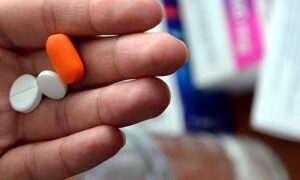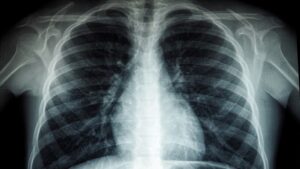[ad_1]
What constitutes “low” (or underactive) sexual desire is relative. Partners who use as a standard of comparison the degree of sexual desire they experience early in a relationship may characterize as a problem the decline in sexual desire and activity that often accompanies long-term partnerships.
Further, a person who experiences low sexual desire that is problematic in a relationship with one partner may have no difference in desire with a different partner. What is characterized as low libido in one partner may more accurately reflect an overactive sex drive in the other partner. Sexual desire and responsiveness typically differ between men and women, and assumptions about sexual equivalence may falsely suggest the presence of a libido disorder.
What causes low sex drive?
- The single greatest psychological cause of hyperkinetic sexual desire may be the depression.
- THE fatigue it is also a cause but also a very stressful lifestyle can have an impact on sex drive.
- The people who have problems body image they may also experience a lack of sexual desire.
- Decreased sexual desire is an established and common side effect of treatment with antidepressants medicines.
People usually differ in their degree of sexuality appetite . There is no uniform pattern of sexual desire, and desire varies not only from person to person but also for the same person during a relationship.
One of the most common sexual complaints among couples is inequality in sexual desire. Sexual desire can be low for a variety of reasons, many of them psychological and interpersonal. But that doesn’t necessarily make it a disorder. It becomes a diagnosable condition only when it reduces the quality of one’s life and creates distress, or when there is an inequality in the sex drives of the partners, which develops into an issue of unresolved conflict in the relationship.
Loss of sexual desire can both result from relationship problems and cause them. Childhood sexual abuse can also inhibit sexual desire later in life.
Treatment of low sexual desire
Natural causes of low libido, such as changes in endocrine hormones, must first be ruled out. Most of the time, the causes of low sexual desire will not be revealed by medical or laboratory tests.
Sometimes the best treatment for low sex drive in any partner is counseling—to resolve overt conflicts, hidden grudges, power struggles, or other interpersonal barriers to romantic interest.
Since depression is a common cause of decreased desire in both men and women, the treatment of depression is another important path to solving desire problems.
Psychological treatments, such as cognitive-behavioral therapy, may not only be more effective than pharmacotherapy in relieving depression, but also do not interfere with libido, as many psychoactive drugs do.
[ad_2]
Source link






